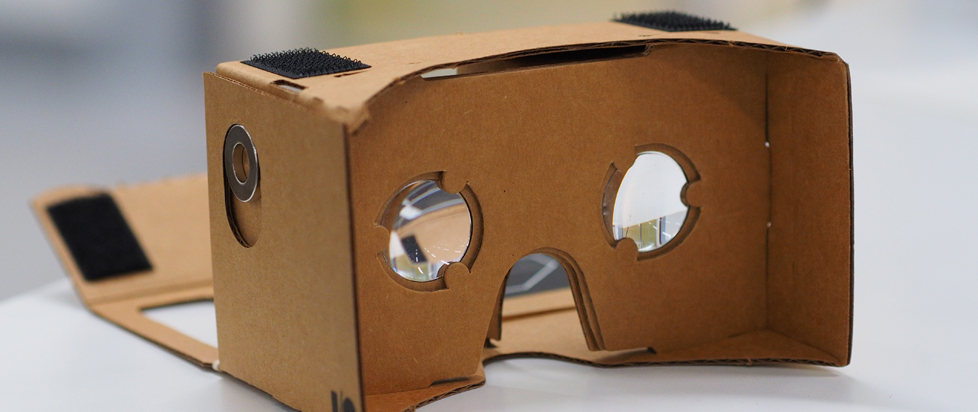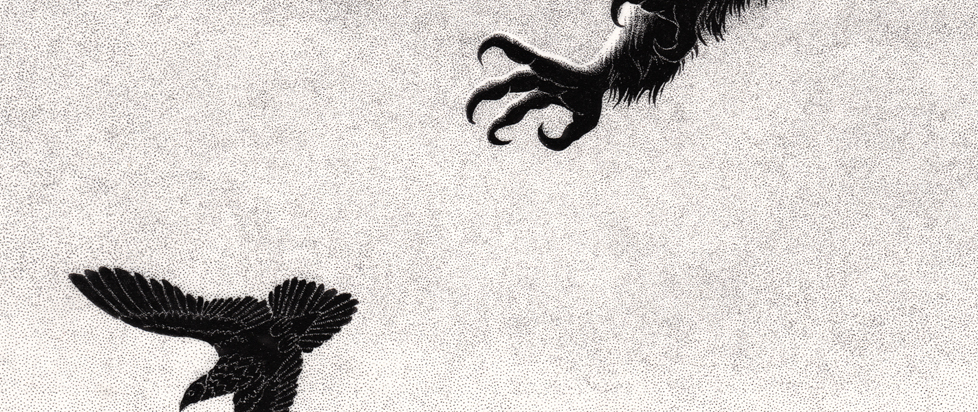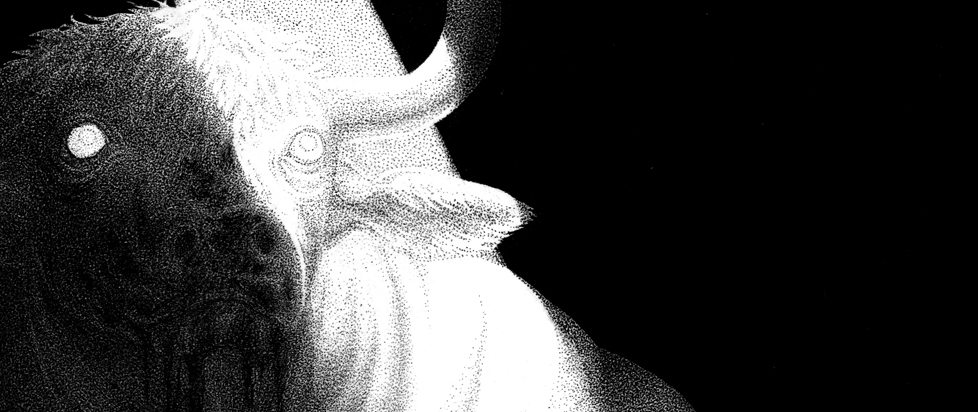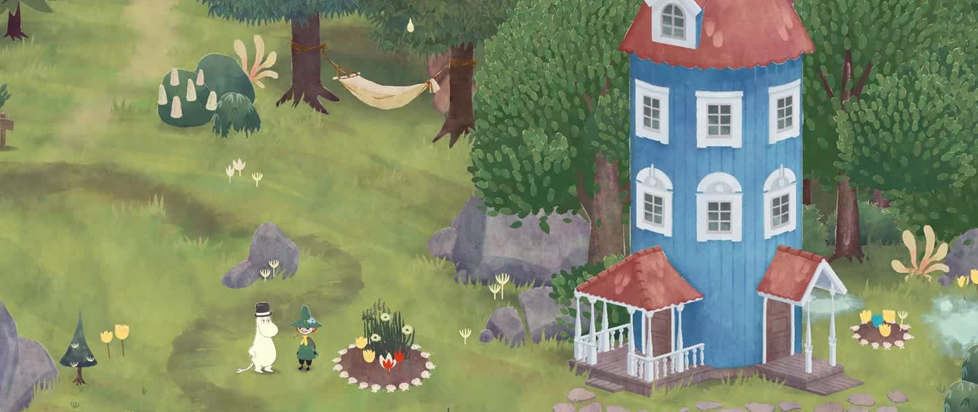
A Wilderness of Thoughts Grown in Snufkin: Melody of Moominvalley
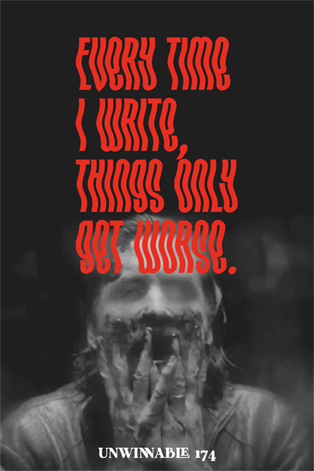
This column is a reprint from Unwinnable Monthly #174. If you like what you see, grab the magazine for less than ten dollars, or subscribe and get all future magazines for half price.
———
What does digital grass feel like?
———
“No signs, no rules,” insists Snufkin in Melody of Moominvalley. A park keeper has come and turned the wilderness into a handful of neatly gated, orderly gardens. Police orders enforce the prohibitions written on signs: no camping, no touching, no stopping to smell the flowers. Once Snufkin has torn them up, the police officers lose their will to enforce anything and wander off, leaving the park able to rewild.
A little more than a year ago, I moved very close to the Peak District, the UK’s first national park. It was designated as a space for preserving “natural beauty” and giving the public outdoor recreational space in 1951. Nearly 20 years before, it had been the site of a mass trespass fighting against the countryside being fenced off by landowners.
Today, about 90% of the Peak District is Access Land. It’s accessible for “walking, running, watching wildlife and climbing,” according to the government’s website. Below that is a longer list of restrictions. Camping, for instance, is banned. But several Peak District wild campers are popular enough to run YouTube channels.
Another notable exception is entering “excepted” land. This includes anywhere being used to grow crops. There’s not much of that in the Peak District – it’s too high up, the soil is poor. But as soon as its possible, people are excluded. Snufkin had a head start when he was facing a park keeper rather than a farmer. The park keeper wanted to appreciate the outdoors, as much as he was misguided in how to do it. It’s hard to imagine a national park being created at the expense of productive arable land.
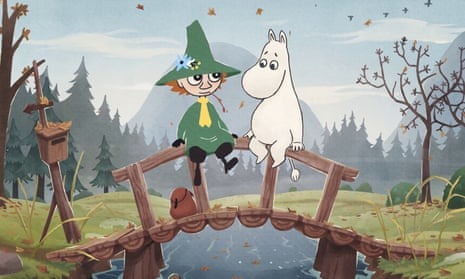
A lot of the Peak District is used by landowners for grouse shooting. To create ideal conditions for grouse, the moorland is regularly set on fire. Downwind, the city where I live gets choked by smoke.
“No signs, no rules,” says Snufkin, but one of the signs prohibits fires, and though he pulls it up like the rest of them, he later chastises a police officer for building a blaze. “It’s too dry for that!” he says, and seconds later a spark catches and the valley burns. No rules doesn’t mean consideration for the outcome of one’s actions.
I have a little garden here. A couple of months after I moved in, I was standing in the kitchen listening to Friends at the Table’s PALISADE. From the windows I can see two high fences, a little strip of grass and a flowerbed. A garden “is fundamentally about transforming a wilderness into a cultivated, civilized space,” says Austin Walker. “If someone out there feels like, ‘but gardens are good,’ I want you to ask whose fucking land it is you put a garden on.”
I’m from the UK. I don’t know whose land this is. The grouse moor owners are British, presumably, but do they have the right to own so much? To use it in the way that they do? I’ve lived in this country my whole life, but owning any of it feels incongruous when so few of my generation can buy a house, when so many people can’t even afford food.
And then there’s the fact that, after more than a year, I still feel somehow uneasy here. Back home – and I do think of it as back home, even though I love it here – I knew the land. This is the closest I come to saying something spiritual, but I feel like the land knew me. It’s only a couple of hours away (by car – maybe that’s the problem, it would take more than a day of solid walking) but everything feels subtly different. Nothing I can put my finger on, and yet enough to leave me unsettled.
I keep thinking that it’s just a matter of time. I lived back home for 28 years; a long time for roots and memories to grow. Maybe it’s not fair to expect the same in one cycle of seasons here.
When it comes to the garden, I’ve spent that year largely ripping things up, like Snufkin turfing out signs and paving slabs. The lawn is gone, ready for wildflowers and a pond. I’m working on climbers for the fences. I’ve befriended several pigeons, a squirrel and more recently a pair of magpies.
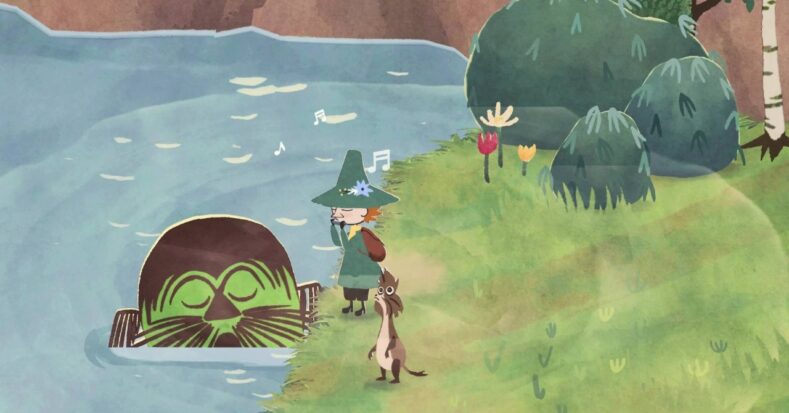
None of this will fix the fact that it’s a garden. Two or three dozen hazel trees have sprouted from where squirrels and jays have hidden their food and forgotten about it; the land wants so badly to become a thicket, a closed space. (Closed to humans; wildly open to smaller animals.) But I’m the park keeper, stopping that from happening.
In Melody of Moominvalley, Moominmamma is upset that her flowers have wilted with all the water redirected. She has a garden, and she loved it. The garden is not the park, although the tension of its civilizing influence is never resolved. Maybe it doesn’t need to be; humans have always edited the space around them. Even the Amazon rainforest is a kind of garden. To reject a human tendency for order and enjoyment of outdoor spaces might be a mistake, a stumbling over the Enlightenment insistence that culture and nature are diametrically opposed.
I don’t know where the line is between Moominmamma and park keeper. But maybe if I listen, the land will tell me.
———
Jay Castello is a freelance writer covering games and internet culture. If they’re not down a research rabbit hole you’ll probably find them taking bad photographs in the woods.

